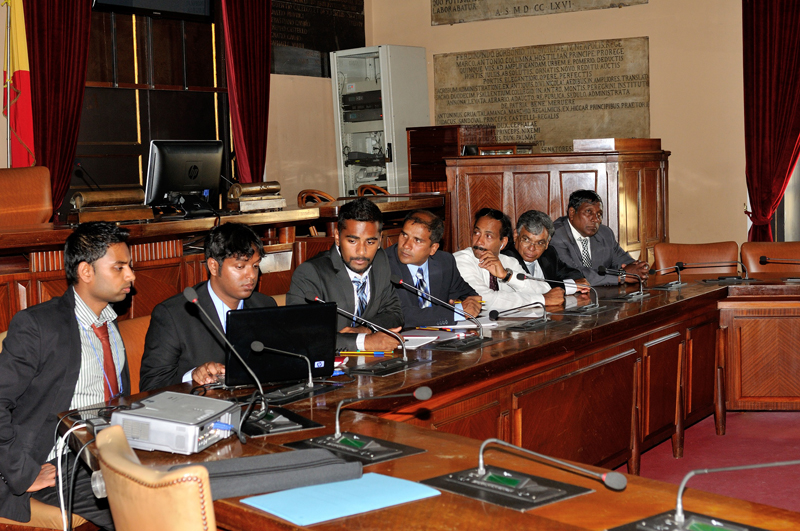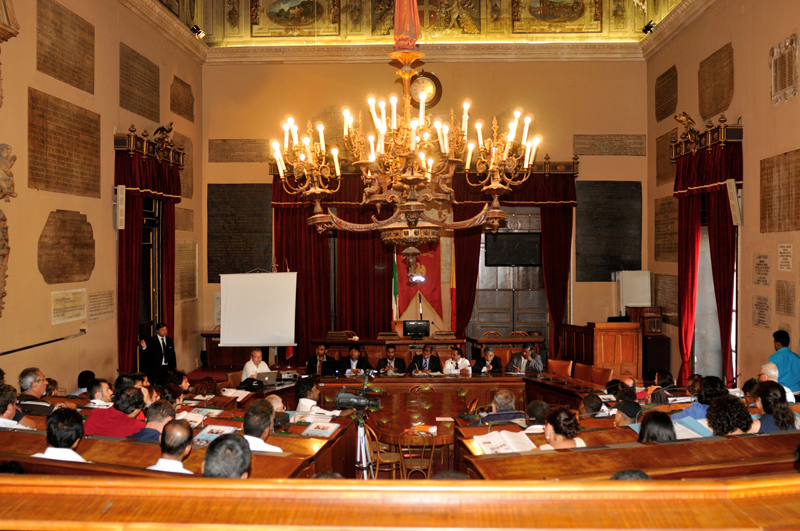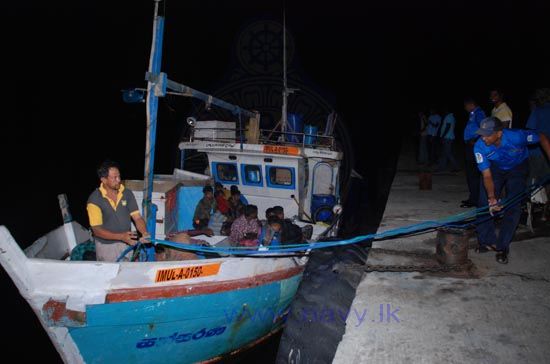India pledges economic zone in Trincomalee district
India is to set up a dedicated economic zone and pharmaceutical centre in the Trincomalee district, it announced on Thursday.
The country's Industry and Textile Minister, Ananda Sharma, who is currently in Colombo, said,
“We have agreed to establish a manufacturing investment zone to manufacture engineering, auto parts for exports to India,”
“In the spirit of partnership we would like to create opportunities in Sri Lanka for value addition, which could be linked to manufacturing in India,”
“India is Sri Lanka’s fifth largest foreign investor. Trade between both countries have grown tremendously over the years due to the free trade agreement between both countries,”
“We are global leaders in many fields including pharmaceuticals. We are global leaders in high quality generics. We have ensured not only affordable health care but access to life saving drugs at affordable prices.”



